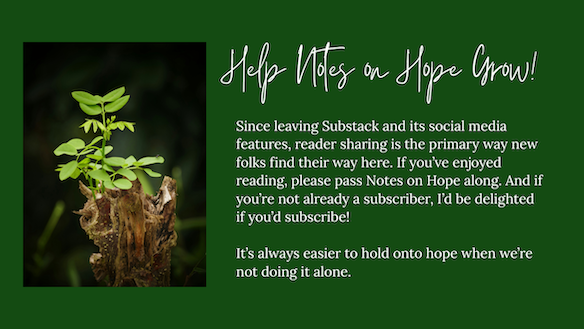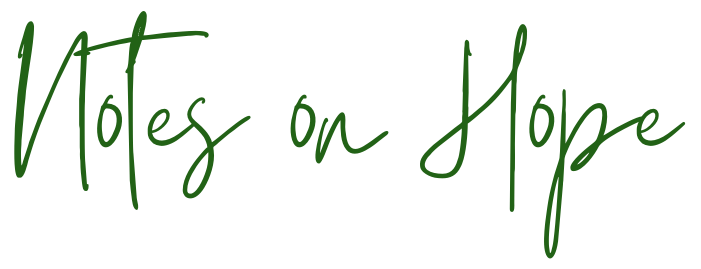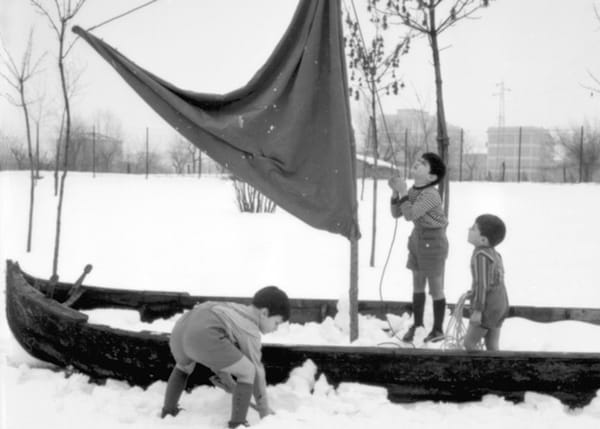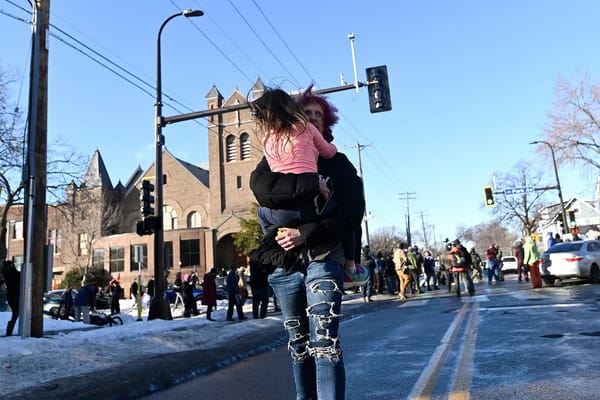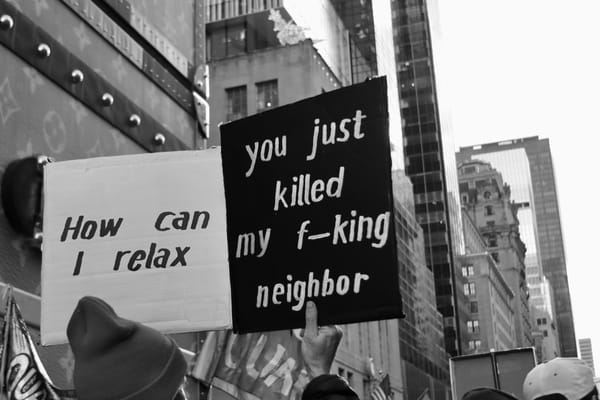Our Obsession with Debate
Reflecting on the tyranny of a singular form of expression
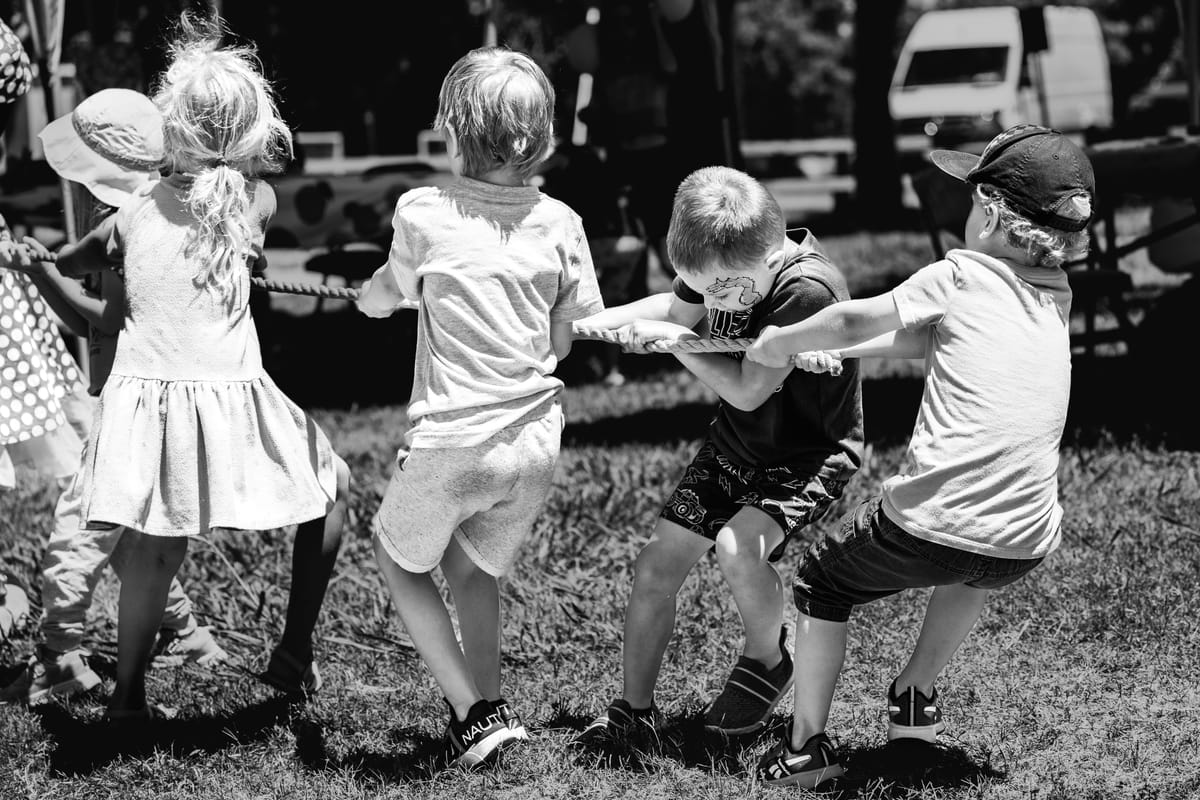
“I know you are starting to know this, but really know it now. Art is making something no one asked for—not because they didn’t need it, but because they didn’t know they needed it until you made it, until it helped them breathe and dream and find a way forward. It’s part of a map that shows us how we get out of this place. Keep going. Do your part.”
~Mira Jacob
Mira Jacob’s prose poem, “You Are Here,” which I’ve excerpted a few lines from above, is included in The People’s Project, a recent anthology of essays and poetry from writers, Saeed Jones and Maggie Smith. This small book was compiled as an artistic response to the fraught and frightening upheaval we are living through—in their own introductory words, as a way of creating “a community as a book.” The anthology as a whole, and Jacob’s poem in particular, also feel to me like a response to an increasingly narrow definition of expression that seems essential and vital, as we navigate a relational and political landscape of rapidly contracting rights and acceptable viewpoints.
I’ve long observed, particularly as a teacher, a writer, and someone with roots in the arts, that we have a tendency in the U.S. to equate speech broadly with debate, at times almost to the point of considering speech and debate one and the same. In doing so, I think we elevate and venerate a very specific form of expression as though it alone defines our freedom and our right to hold a place in the discourse of American—and at times even of human—experience. The tempting conflation of speech with debate worries me on a number of levels. First, I think our fixation with debate sometimes leads us to devalue other forms of expression, which in turn allows many powerful, transformative forms to be curtailed, without realizing fully what we are sacrificing. Second, in giving a form of speech that is inherently rooted in achieving dominance primacy, I fear that we risk muting more voices than we lift up, sustaining or even deepening individual entrenchment, and granting artificial legitimacy to the very power dynamics that often keep silenced voices silent.
There are many forms of expression that have the power to transform our understandings and preconceptions and open our minds and hearts to new possibilities and to the experiences of those we don’t personally know or readily relate to. Debate, though it is often described as a form of expression that gives us entry into a diversity of ideas and has the power to revise our thinking, is in actuality more likely to entrench and harden our existing positions. There’s significant research to show that argument, even formally structured and facilitated, isn’t effective at changing our minds or opening our perspectives to new ideas.
To be clear, we should protect debate just as we should protect all other forms of speech and expression. But to use the word “debate” interchangeably with words like “discourse,” “dialogue,” and even “speech” itself, as we often seem to do, is a highly problematic and erroneous conflation. And to elevate the value of debate over other forms of expression limits rather than broadens the scope and diversity of voices we allow ourselves to be moved by.
I don't think it’s a coincidence that those with significant power often seem to be the quickest to worship at the altar of debate, while those whose voices are more marginalized or vulnerable tend to speak most evocatively within the pages, canvases, and stages of other forms of expression. Debate as a form is uniquely dependent on establishing and venerating power dynamics. It is not, fundamentally, a framework for expanding our perspectives, because the goal is always the victory of one viewpoint over another. It is a structure designed to create winners and losers, and as such debate as a form of speech will always be vulnerable to cementing the very structures and supremacies that those participating enter the exchange already holding. Debate creates a perception of equal footing and, in doing so, makes it extremely easy to ignore the terrain each person actually stands upon, which is rarely equally stable, let alone even. Debate is also, fundamentally, an intellectual exercise in which rhetorical skill and quickness often trick us into thinking that an idea or set of ideas has prevailed, when in fact it is only a specific skill set, and the bravado with which that skill set is deployed, that has impressed us.
It is worth keeping in mind that debate is rooted in the structures and strategies of the courtroom. Students who participate in competitive debate in school often do so because they are interested in pursuing legal careers. And there can be worthy value in this endeavor, as demonstrated especially powerfully by a Brooklyn middle school that’s made headlines recently for establishing a debate team that has effectively boosted academic achievement and engagement in students who are, in many ways, considered disadvantaged. Debate has fostered their confidence in their own voices. This is a fantastic use of the structure of debate as a tool for developing intellectual enthusiasm and empowerment. It's also worth noting, though, that the students engaged in this program sometimes find themselves debating topics that imply that their own humanity and rights are on the table—when other teams reference “illegals” while arguing with this predominantly Spanish speaking team of middle schoolers about immigration policy, for example, or when they must respond to another team defending the merits of colonization. The article explains that their teacher encourages the students to grapple with these difficult moments, not by practicing counter arguments, but by writing poetry. While honing their debate skills may promote intellectual engagement and rigor, it is through poetry that these students reconnect with and share their own humanity.
There is, of course, an unavoidable dynamic of competition, not only in the courtroom, but within our political process and in the work of activism to shift our political course. Rights, after all, are rarely given—they are more often fought for and won through sacrifice, organization, and insistence. It would be naive and shortsighted not to acknowledge this. But I think it is equally naive and shortsighted to view debate as the pinnacle of our self-expression, as the most effective construct for the meaningful exchange of ideas and understandings, or as singularly synonymous with our freedom. When we elevate this form of speech as the most worthy and the most essential to defend—as a unique emblem of freedom itself—I think it becomes too easy to fall into the trap of worshiping dominance over truth, over the heartfelt expression of our humanity, and over the sincere practice of understanding a multiplicity of perspectives and lives. Perhaps even more dangerous, debate as a form easily acts a sleight of hand, convincing us we’ve done these very things—exchanged ideas and leveled the playing field of discourse—even as it actually hardens our viewpoints, legitimizes existing power structures, and lends a glow of perceived virtue to the act of achieving dominance.
As the middle school students have experienced, even in the context of their impressive success, it is also far too easy to position our respective humanity as a topic that is up for debate, to be won or lost based on rhetorical advantage, rather than our inherent and inalienable dignity.
I wish, in addition to celebrating the success of the Brooklyn middle school debaters in competition, that we could also be more willing to listen to the voices they share in their poetry. I suspect this is where their deepest, truest self-expression actually lies.

Even outside formal, competitive debate, teachers often use debate as a tool in the classroom to engage students actively in material that requires close attention to detail and asks them to grapple with differing perspectives. So, as a teacher, I’ve given a good bit of thought to the value of this practice. I’ve taught at both ends of the educational arc—as a preschool teacher and as a graduate instructor. In both of these settings, I’ve facilitated discussions, negotiated disagreements, and prompted dramatic reenactments and storytelling. But I’ve never actually used debate as a formal structure for encouraging students to engage with an issue. As I reflect on why this is, I think it’s because I don’t find it particularly useful—and perhaps even experience it as antithetical—to my central task as an educator, which is not to teach students how to win but rather how to engage deeply and thoughtfully, how to listen, and how to express and receive ideas with an increasing appreciation for nuance and complexity. I’m not interested, as a teacher, in creating the adrenaline surge of a rhetorical victory. I’m interested in provoking meaningful thought and transformative understanding. I’m interested in lifting up voices that might otherwise go unheard. And I’m interested in students learning to really see and hear one another, not to defeat one another.
I often think about how skilled preschool teachers intercede in moments of intense disagreement in the classroom, because it feels so relevant to our fractured and fractious adult dialogue. In heated moments, adept and sensitive teachers encourage young children to, not only express their own thoughts and feelings, but also to attend closely to their impact on each other, to recognize and repair harm, and to work toward solutions that rest on mutual understanding and consent. The aim is usually to dissolve struggles for dominance through increasing understanding and empathy, rather than to referee and declare a winner. This is in contrast to the adult who enters the scene of a disagreement among children and declares, “I don’t care who started it.” These words signal that compliance and order are paramount and, more often than not, tacitly reward and grant approval to the power dynamic that already existed and likely prompted the disagreement or the harm in the first place.
I think the same is often true when we venerate debate as the ultimate emblem of our speech and of our liberty. In doing so, we too often signal that context and existing structures of power are irrelevant once two speakers have entered the rhetorical ring to participate in a form of expression that more closely mirrors a boxing match than a sincere and curious dialogue.
As a teacher, I'm much more drawn to discourse than debate—to the ways in which my students learn to contribute to a tapestry of expressions and ideas, adding complexity and nuance that has the power to both build bridges of understanding and illuminate new corners of experience. I’m interested in helping my students expand and add detail to the map of humanity that Mira Jacob speaks of in her poem, not in claiming territory on that map or divvying it up. I am interested in nurturing forms of expression that invite us into one another’s lived experience, rather than requiring the least powerful voices to constantly defend their existence in a zero-sum forum. I am interested in all the forms of expression that open our hearts and our perspectives, that create catharsis and illuminate shared humanity even among differences and disagreements, that challenge our own viewpoints and assumptions by holding a light to previously darkened paths, not by enacting further dominance or controlling the light that we permit to be cast.
As a parent, the world I want to build with and for my son is one in which there are many voices and many forms of expression that transform and connect us, not a world in which we compete to drown each other out and worship those who champion victory over understanding. I want him to know that ideas are open to discussion, expansion, and change, but that no one’s humanity is up for debate, nor should anyone’s worth be measured through gamified metrics or racked up points. I want him to learn to share his voice, but also to seek out the voices and stories that aren’t as readily seen or heard, and not to crave the gratification of defeating those voices for the singular sake of magnifying his own.
As Saeed Jones and Maggie Smith say at the end of their introduction to The People’s Project:
“Our survival and future—not just through this political era, but onward into the blur of eras that await—wholly depend on our ability to connect with and protect each other far and wide, to share what we've learned from our varied and shared histories in order to enrich one another's wisdom, confidence, and imagination.”
Let’s strive to protect the many forms of expression that transform our hearts, not only those that require us to abide by constructed rules of engagement and tally wins and loses. Let’s protect the many mediums and arenas that allow us to share our souls and find catharsis in that sharing. Let’s remember that our speech doesn’t only, or even primarily, exist in the context of a debate, but also in poetry, painting, and storytelling, in comedy and in prayer, in late night conversations whispered across the dark, in the cries of protestors, and in the composition of a song. Let’s hold all these forms of expression up with at least as much reverence as we do the ritual of dueling words that seeks supremacy over connection, imagination, and shared humanity.
Wishing you the wisdom to share your most vulnerable voice and the compassion and curiosity to listen to the soft hearts of others,
Alicia
A few things I found helpful and hopeful this week…
- When Autocratization Is Reversed — A dose of data-driven hope!
- Feeling Powerless Doesn't Mean You Are Powerless
- Always Be Kind: An Unexpected Wartime Slogan
- The White Civility Council — An important bit of history, directly related to our precarious veneration of debate, and to the often deceptive pretext of "civility" that goes hand in hand with this mythology.
- The People's Project — Go out and get your own copy! It's really great.
